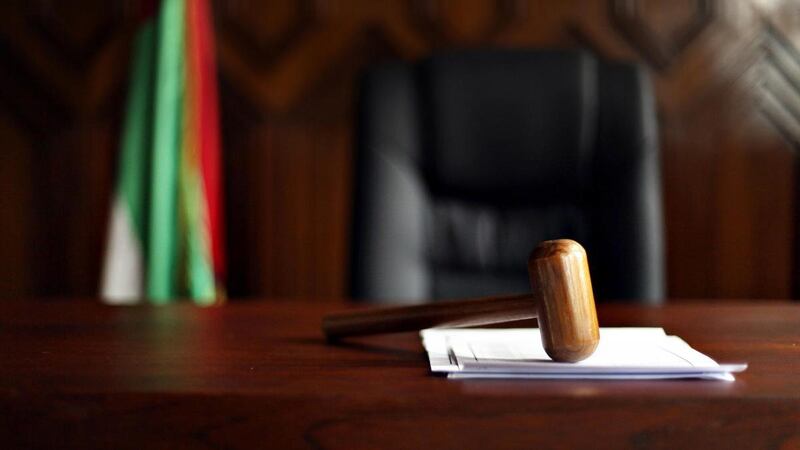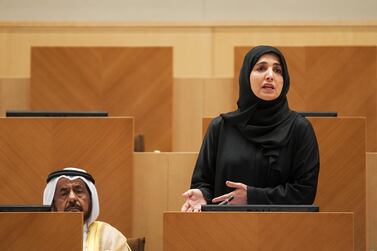Residents married to Emiratis can no longer be deported if convicted of a crime, following an amendment to the UAE’s federal laws.
Previously, a deportation order was mandatory in cases where an expatriate was convicted of a crime and sentenced by a court. Details of the change, approved by President Sheikh Khalifa late last year, have just been revealed.
The change stipulated that a resident may not be sentenced to deportation if they are married to or are an immediately family member of an Emirati citizen, unless the judgment is issued in a crime endangering the national security of the country.
Legal experts said the change would stop mixed families from being permanently broken up by even minor crimes, such as physical assault.
Legal consultant Dr Hassan Elhais, who writes a column for The National, said deportation should be upheld when the criminal poses a grave danger to society but it may be too harsh a response in cases of minor offences.
“Deportation can have a negative impact not only on individuals who are deported, but also their families, who they are forced to leave behind,” said Dr Elhais, of Al Rowaad Advocates.
“Some of the people who have been expelled have lived in the country for over a decade. They are parents or caregivers but with the change in the law, we will see less of them leaving the UAE.”
Emirati lawyer, Awatif Khouri said the amendment and the recently issued family protection law, shows the intent of the government when it comes to protecting families.
“According to this law, an Emirati woman married to an expatriate can protect him and their children from being deported, if they are convicted of any crime except the ones related to national security,” said Ms Awatif.
Judge Ahmed Saif, head of the Dubai Civil Court and former head of the criminal courts, welcomed the changes, saying that judges had no option but to handout deportation sentences in several cases, even if they perceived it to be too harsh.
“This is a great change to the law, which is completely consistent with the country’s call for tolerance,” he said.
“Deporting a person away from his Emirati spouse or a son away from his Emirati mother, affects the entire family in what would sometimes be a simple issue. If we preserve the unity of a family, we naturally preserve the community.”
He said he had presided over many cases where an immediate family member of an Emirati was deported.
“With this change to the law, we can clearly see how the country is keen on [taking all] necessary [steps] to protect the entity of the family,” he said.
The UAE passed several laws in 2019 to protect families and victims of domestic violence. These legal changes strengthen the country’s Family Protection Policy. New jail terms and restraining orders were introduced to tackle domestic violence and protect families from intimidation and threats.
A sexual harassment charge was also added to federal law last month, building on an existing charge of “breaching the modesty of a woman”.
The new charge expands the legal definition of sexual harassment to include repetitive harassment through action, words or even signs that aim to coax the recipient into responding to the offender’s sexual desires. The charge also recognises men as victims of sexual harassment.
Similarly, the country downgraded 28 crimes — including insults, animal abuse and traffic offences — meaning they can be punished with fines rather than having to be heard in court, reducing the workload of courtrooms.








